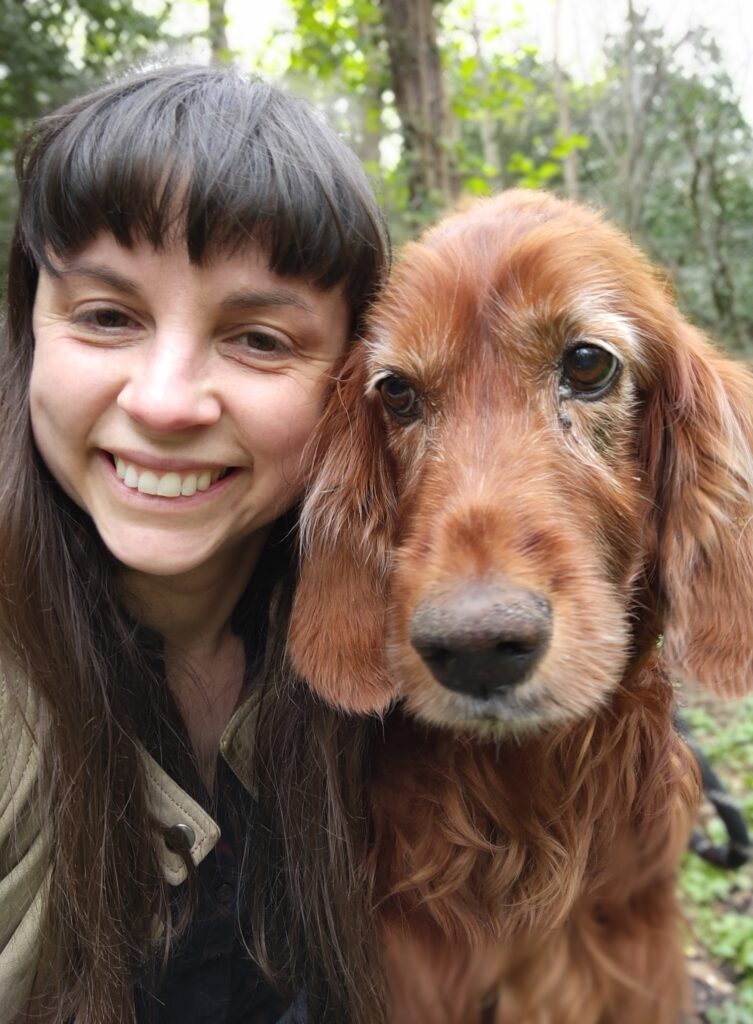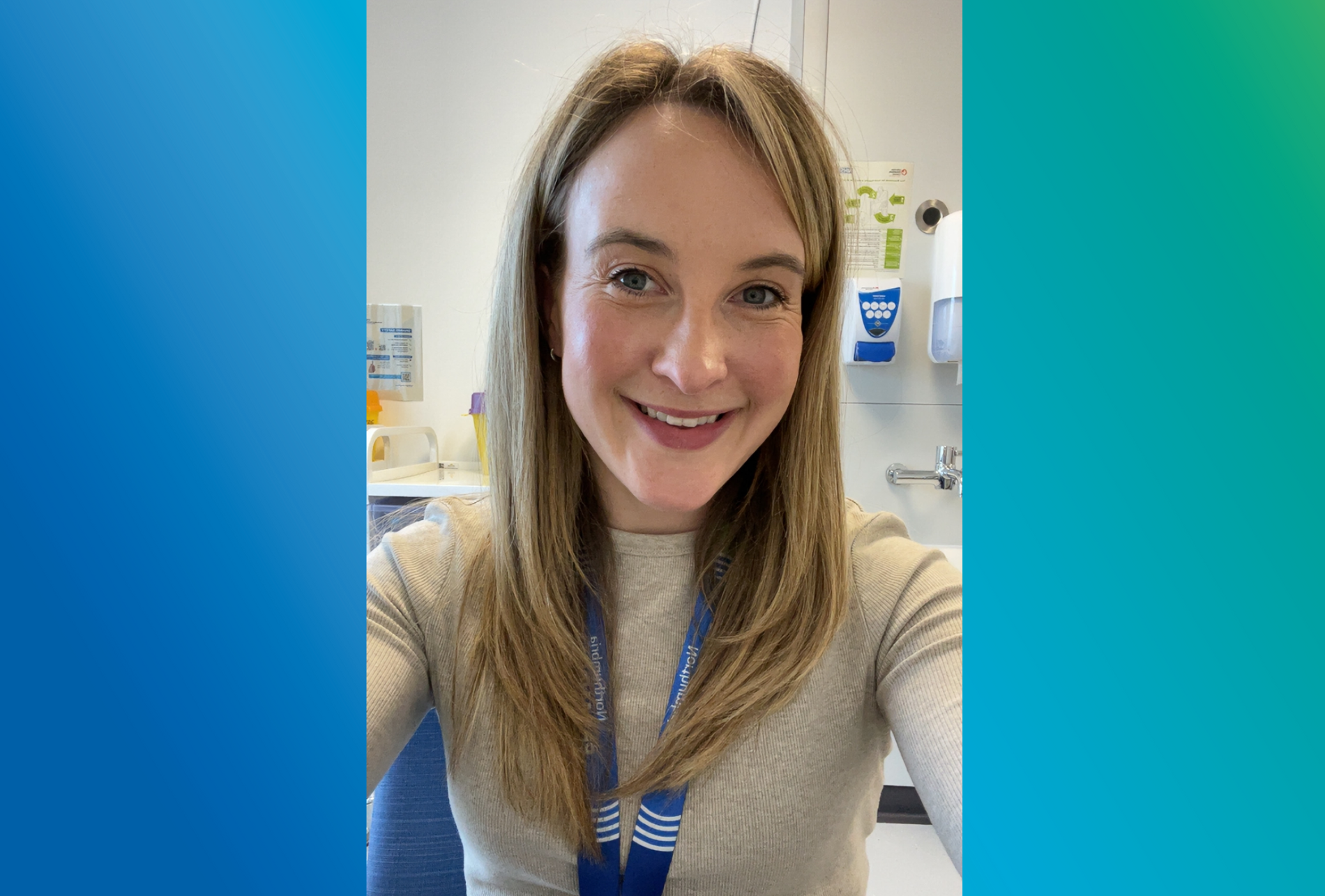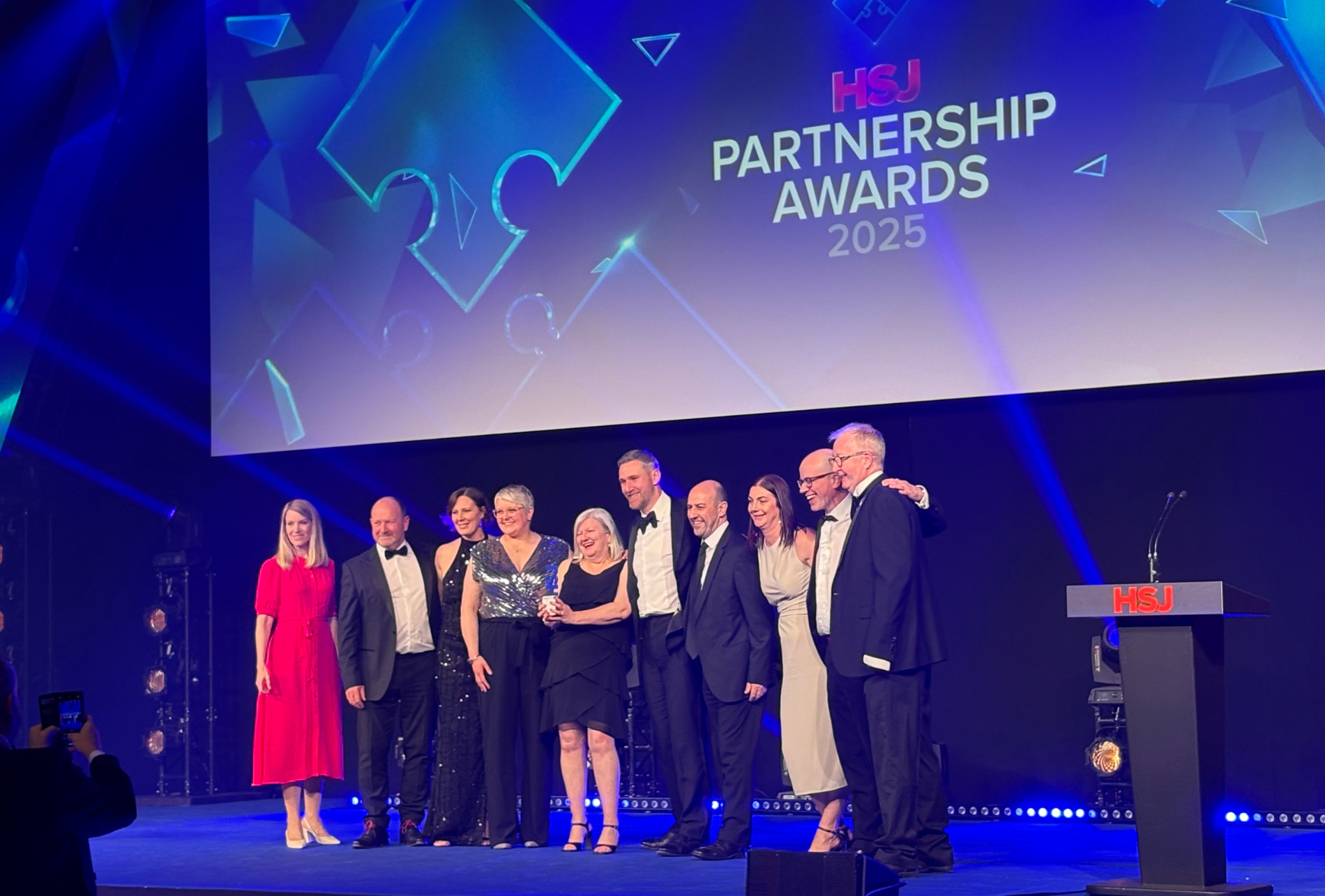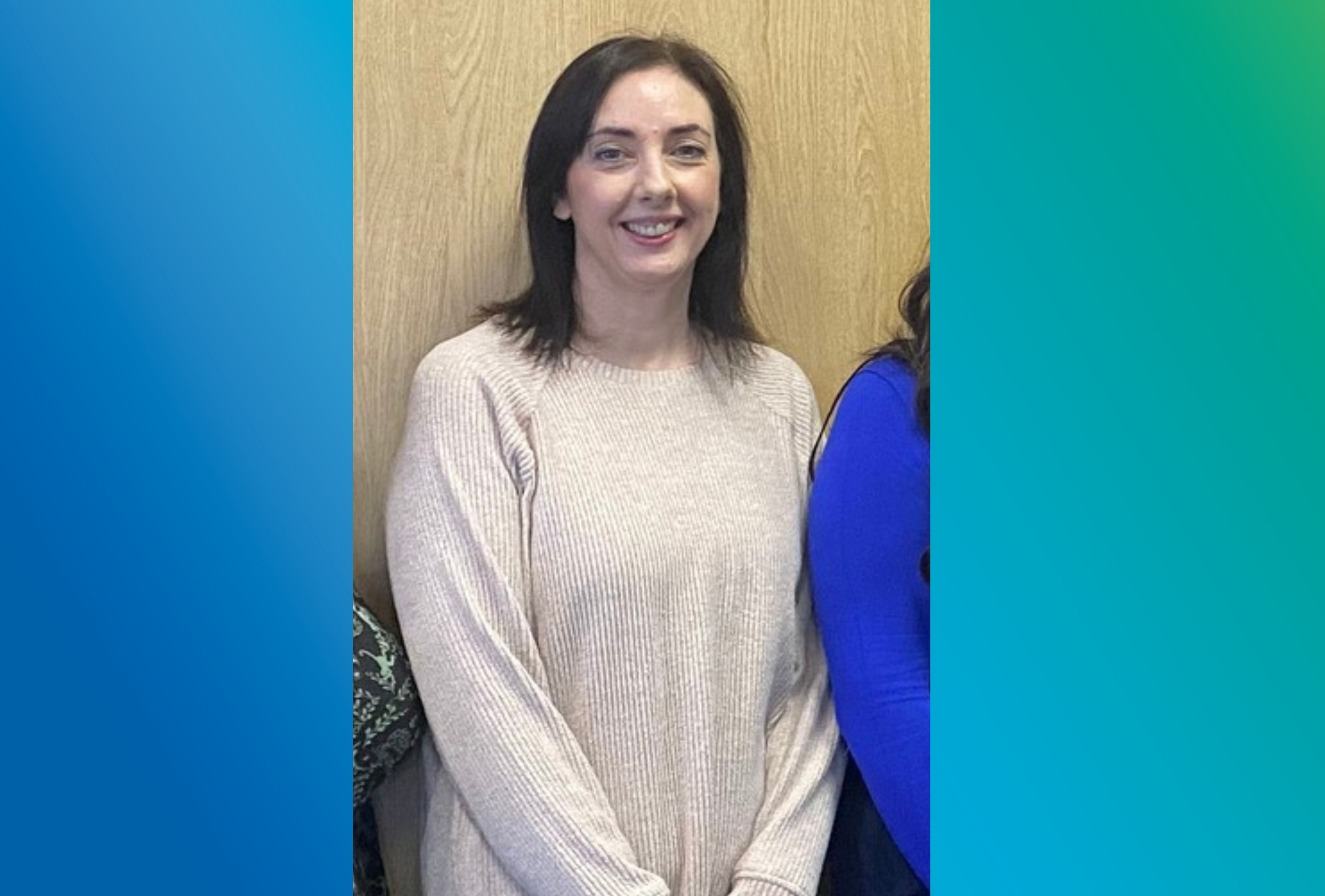Rural GPs face a unique set of challenges and benefits compared to their urban counterparts. On the one hand, rural GPs may have a smaller patient population, leading to the establishment of closer relationships with patients and the sense of a tight-knit community. However, they can also face challenges that are unique to the rural setting they work in. Despite this, many rural GPs find the experience to be incredibly rewarding due to the strong connections they form with their patients and the natural beauty of their surroundings.
We sat down with Dr. Becky Downie, a GP who works in our rural Haydon Bridge & Allendale practice. With nearly 10 years of experience in primary care, Dr. Downie shares her experience working as a GP in a rural practice. From building relationships with patients to the advantages of being surrounded by the natural beauty of the Northumberland countryside, Dr. Downie provides an honest and inspiring perspective on what it means to be a rural GP.
Hello Dr. Downie, it’s great to speak with you! Could you tell us a bit about your background?
Certainly. I qualified as a GP almost ten years ago in 2015. It was a challenging time for me as I was diagnosed with Hodgkin’s Lymphoma just as I was finishing my training. I started my career at a training practice in central Gateshead before rotating through various placements in Jesmond, South Shields, and an Urgent Treatment Centre.
How did you end up at our Haydon Bridge practice?
My husband, whom I met during my training, got a job in Hexham, so I began looking for positions in the area. During my final training years, I worked at the Haydon Bridge and Allendale Surgery for a while, so I contacted my old training supervisor about the possibility of returning, and here I am!
You must have enjoyed working at Haydon Bridge to come back. What about the practice did you like?
Both the team and the patients are incredibly friendly. It had been about seven years since I had worked there, but when I started again, people approached me on the street to say they remembered me and were glad I had returned! In smaller communities, the relationship between patients and their GP practice is more prominent as it’s part of the fabric of the area.

You mentioned that you had previously worked in urban practices. How did you find that?
In more populated towns or cities, there’s a wider range of demographics, leading to a more diverse case load. I found this particularly true in Jesmond, where there’s an established local population, but also a revolving door of students who only live there for short periods of time. It can be more challenging to establish relationships as people move on quickly.
What are some challenges you face as a rural practice?
In addition to the challenges that all GPs face, there are some unique to working in rural practices. For instance, patients, especially those who are older or struggle to get around, may experience isolation in rural areas. We’re fortunate to live in beautiful countryside, but it can also cause people in remote locations to become disconnected from their community. It’s crucial to keep an eye out for this, and Northumbria Primary Care’s social prescribing team is a tremendous help in identifying this and signposting patients to organisations to address wellbeing issues.
Recruitment can also be more challenging in rural areas. Many young people leave these regions at the start of their careers, and it can be difficult to find replacements. However, thanks to NPC’s excellent staff offerings, we can overcome this issue easier than other practices might. Additionally, being part of the NPC Primary Care Network means we can seek support from other teams when necessary.
What benefits do you get from being a rural GP?
The sense of community in rural areas is incredible. Walking through Haydon Bridge, you’ll encounter many friendly faces, and everyone stops to say “hi”! This is not only wonderful socially, but it also helps build relationships with patients. Due to the smaller community, establishing continuity of care is easier, and trust between the patient and doctor grows faster.
On a personal level, I love being outdoors in nature. It’s beneficial for both the body and mind! Being able to take walks through Northumberland’s stunning countryside, planting a garden, and avoiding motorway commutes is wonderful!
Do you have anything else you’d like to add about your experience as a rural GP?
People can find the idea of becoming a rural GP daunting. I believe this stems from the perception that they would become the community’s focal point and have a greater responsibility for patients. Although I don’t necessarily disagree with that, I believe that is what makes the job so interesting and special. I love my job as a rural GP and I highly recommend it to anyone who’s considering a change of scenery!
Are you interested in becoming a Northumbria Primary Care GP? Click the links to find out about our offer to staff and how we can support practices. You can also head to Haydon Bridge and Allendale Medical Practice and The Rothbury Practice‘s website to learn more about our rural GP practices.
Latest Posts

Meet our Research Nurse, Samantha Hamilton
For the next instalment of Our NPC Team series, we explored the role of a research nurse. Samantha joined NPC in June last year, brining a variety of experience with her in primary and secondary care nursing.

HSJ Partnership Award success for state-of-the-art Health and Care Academy
The Northumbria Health and Care Academy has won a top national award, recognising the collaboration behind what is one of the only facilities of its kind in the country.

Meet our Lead Nurse for our West Northumberland Neighbourhood, Naomi Toothill
For the second instalment of Our NPC Team for 2025, we dive into the world of primary care nursing. Our nurses play a key role in primary care, often being the first point of contact for patients and vital in promoting health and wellness.

